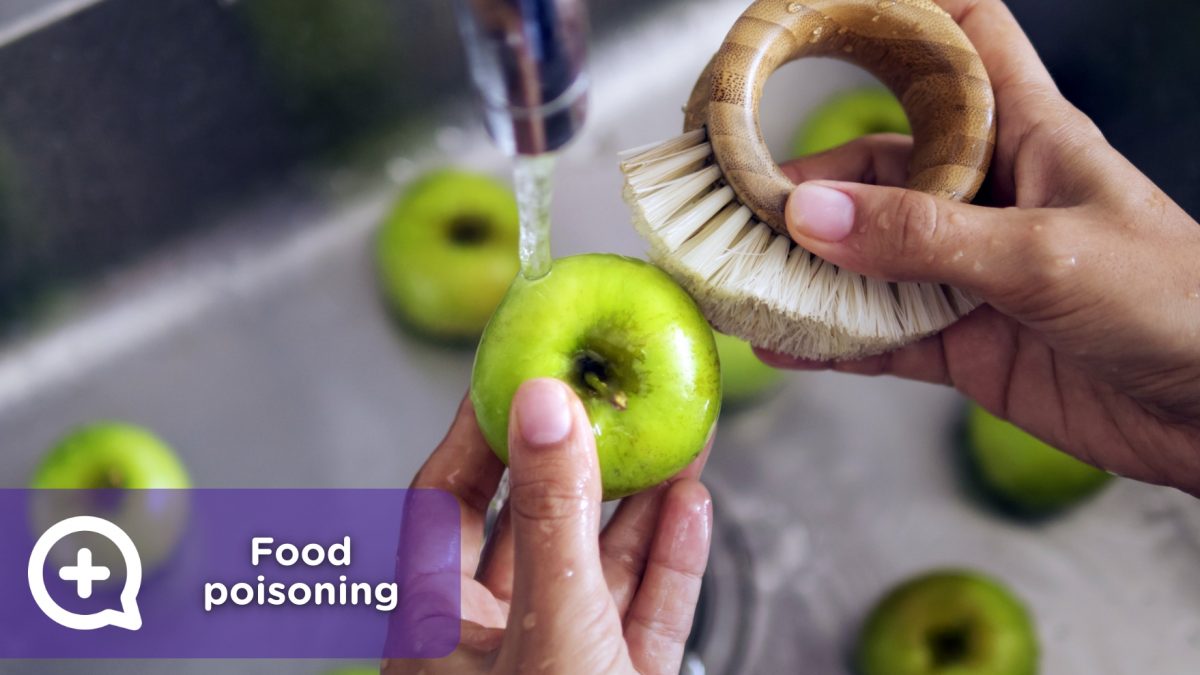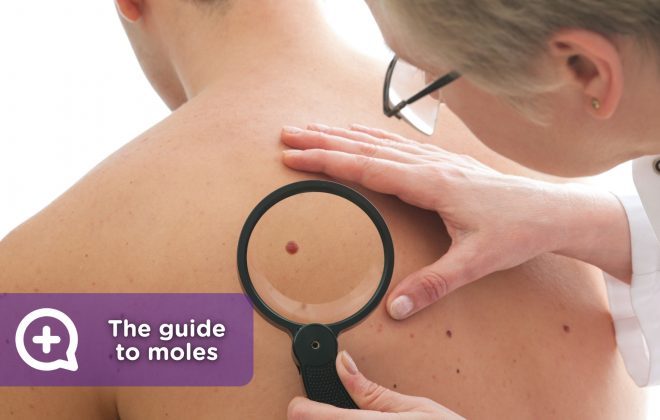We are preparing to enjoy a day at the beach and suddenly, a shiver runs through our back and we are sent running toward the bathroom with a cramp, as our day in the sun is forgotten. A fierce diarrhea, stomach pain and a little fever leave us “out of commission”. And immediately, you remember the salad you ate yesterday at the beach bar.
You are not the only one. Although you can get it any time, this type of poisoning is more frequent in the summer, due to high temperatures and neglect in the preparation and storage of food.
What is food poisoning?
Food poisoning is a condition caused by the ingestion of food that has been contaminated by viruses, bacteria or parasites. It can manifest itself within a few hours of eating the food, or even days later.
Why is it more common in the summer months?
- High temperatures favor the growth of microorganisms.
- It is easier to break the cold chain of food.
- During the summer holidays, prevention and hygiene measures are usually relaxed.
- It is customary to eat in places with uncertain hygiene.
Food poisoning is usually mild and disappears without treatment, but you must pay attention to children, as it can lead to something more serious in them. The most common symptoms are:
- Vomiting and nausea
- Diarrhea
- Stomach ache
- Fever
What do I do if I get food poisoning?
There are some actions that are key:
- Hydrate yourself. Drink water or drinks with mineral salts.
- Do not eat heavy foods, but instead stick to a soft and constrictive diet that includes rice, potatoes, cooked carrots, broths, yogurt, broiled chicken, etc.
If the symptoms do not disappear or increase during the first day in adults and in 12 hours in children or the elderly, then you should consult a doctor.
Can food poisoning be prevented?
Of course, not 100%, but you can take a series of precautions to minimize the risk:
- Wash your hands before, during and after being in contact with food.
- Wash utensils frequently. When handling food like meat, use a specific knife just to cut them, and then another for vegetables.
- When handling food like meat, use a specific knife just to cut them, and then another for vegetables.
- Clean fruits and vegetables with water and a few drops of bleach.
- Make sure to refrigerate meats, eggs, milk, etc. correctly.
- Do not consume unpasteurized (raw) milk, or raw or undercooked meat.
- If you go to the beach, take the food in clean, tightly sealed containers.
Finally, when you eat the following foods, the ones most likely to give you food poisoning, keep these tips in mind from the Consumer and Users Organization (OCU):
- Egg: is the cause of 23% of food poisoning. Salmonellosis, which is bacteria found in the feces and intestines of animals, can be found int he egg shell. Do not eat an egg when it’s shell is broken.
- Fish: wash it and keep it in the fridge until you are ready to cook it. Once it has been cooked, keep it for a maximum of 5 days.
- Vegetables: wash them well with clean water.
- Chicken: cook well. Do not eat it raw, especially for chopped products such as hamburgers and fresh sausage.
*Content validated by the mediQuo medical team.



